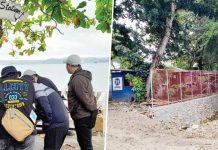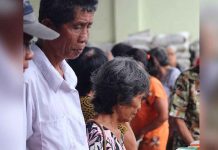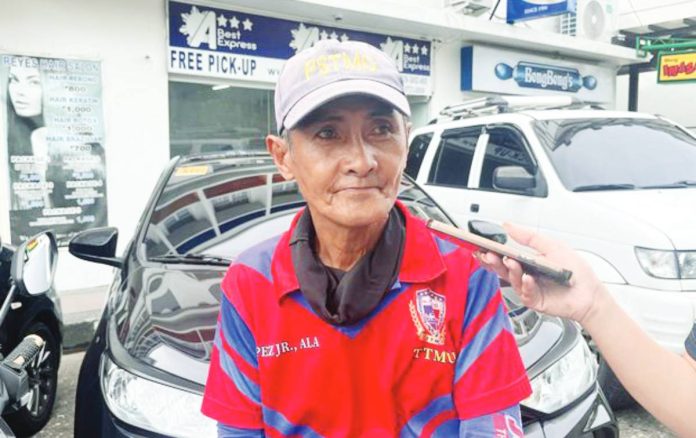
ILOILO City – Alarmed by the rising number of human immunodeficiency virus (HIV) cases among teenagers, parents and medical professionals are calling for frank, age-appropriate conversations on reproductive health at home — challenging deep-rooted Filipino conservatism that has long treated sex as a taboo topic.
Dr. Candice Tupas, a physician, former city councilor, and mother of four, acknowledged that discussing sex remains uncomfortable for many Filipino parents.
“Ever since, we’ve had a conservative upbringing. Our parents didn’t talk about sex because they thought it would make us curious and push us to experiment early,” Tupas said. “But now, with social media and streaming platforms, children are already aware of issues like HIV and early pregnancy. If we don’t guide them, they’ll form perceptions based on what they see online, and that can be dangerous.”
Tupas warned that the fastest-growing HIV infections are among those aged 15 to 30, driven by unprotected sex, multiple partners, and transactional encounters. She recalled her husband’s stint at the National Youth Commission which gathered data showing fast HIV surge among teens.
Tupas advocates sustained, candid dialogue between parents and children.
“If you see that your child is at risk or showing deviant behavior, you need to talk to them about protection and responsible choices. I personally believe in the value of ‘true love waits,’ but I also know I have to equip my children with the right information to keep them safe,” she said.
Even when her children were as young as three, Tupas said she taught them about body boundaries, stressing that abuse can happen even in supposedly trusted households.
She also urged the Department of Education and schools to be more open to reproductive health education, suggesting that Parent-Teacher Associations hold workshops to train parents on how to handle such conversations at home.
“Family days and sports events are good, but we also need activities where parents and children can learn together about reproductive health. That’s part of protecting them, too,” she added.
Other parents echoed her concerns. Traffic enforcer Augusto Lopez Jr., 57, said discipline and avoiding risky environments were his ways of keeping his daughters safe.
“I always told them to come home early and avoid bad company. Most trouble happens when kids fall in with the wrong crowd, especially where drugs are involved,” he said in Hiligaynon.
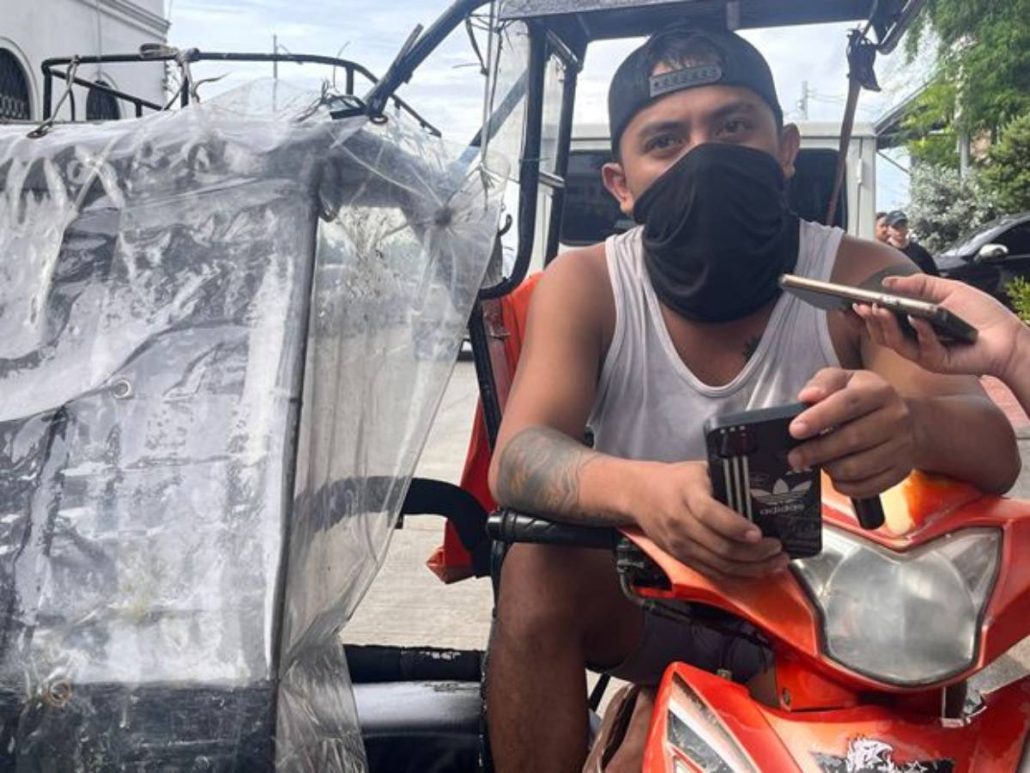
For Aljay, a 30-year-old father from Barangay Zamora-Meliza, hygiene and partner awareness are key lessons.
“They have to be aware of the risks. You talk to them about viruses and sicknesses like HIV, and you teach them to be wise — to know who they’re dealing with before getting into a relationship. Sometimes even if you explain it well, kids don’t listen, but at least you’ve planted the lesson,” he said.
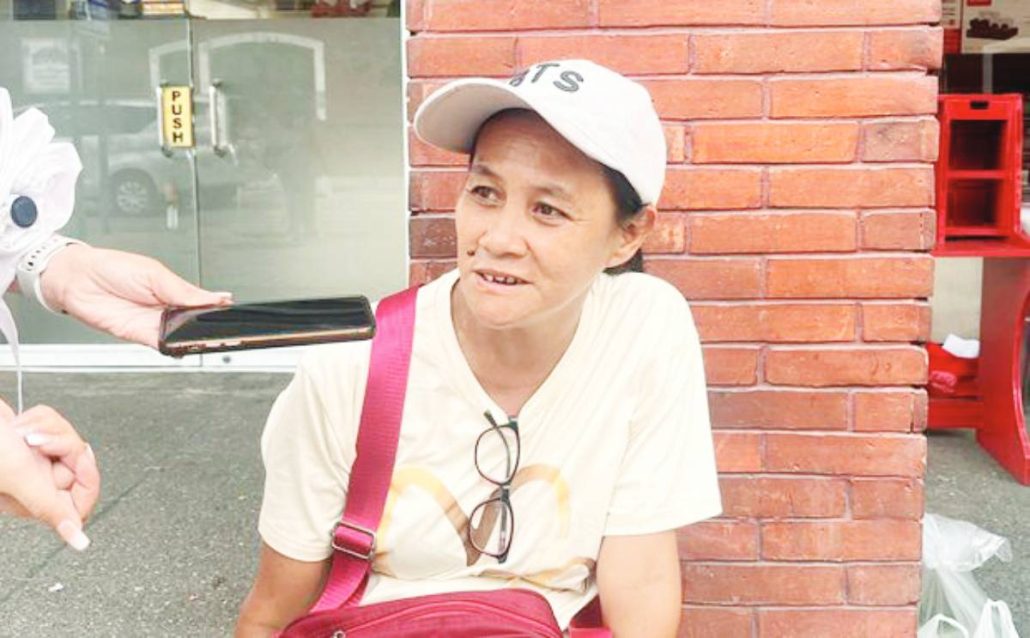
Vendor Amy, 51, advises her children to delay romance until after graduation.
“I tell them to finish school first before thinking about boyfriends or girlfriends. If you’re not careful about who you get involved with, you can’t avoid the risk,” she said, adding that children ultimately make their own choices.
The Department of Education recorded 404 student deaths by suicide and over 2,000 attempted cases in 2021 alone, many linked to mental health struggles, early pregnancies, and HIV stigma. The country still suffers from a shortage of licensed guidance counselors and trained school health workers.
For Tupas, parents remain the first line of defense.
“We can’t rely on schools alone. Parents know their children best, and each child is different. There’s no single formula for how to talk to them — but not talking at all is the worst thing we can do,” she stressed./PN

